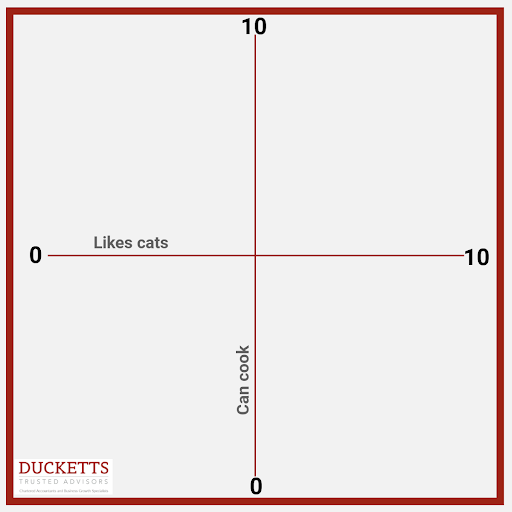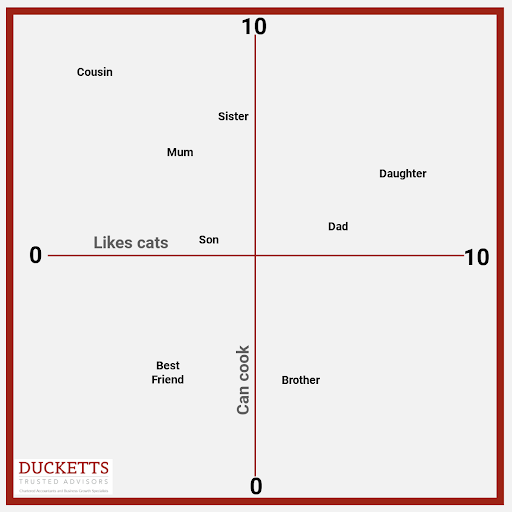You can't pigeonhole the platypus
Published:

“Everybody tends to pigeonhole things they don’t understand” - Roberto Bolano
The Duck Billed Platypus - An animal that defies science
The DBP is a creature that exhibits all the characteristics of a mammal though, unusually, it lays eggs. When it was discovered by Western naturalists in 1799 the scientific community denied it’s existence calling it a hoax. As far as they were concerned, they had a perfectly good definition of what a mammal was. Mammals belonged in the “mammal” box, birds in the “bird” box and because the DBP didn’t fit it either, it simply couldn't exist.
Think about it. The “Experts”, denied an animal's existence because it didn’t fit within one of it’s boxes. The DBP didn't care and carried on eating, sleeping and laying its crazy mammal-eggs regardless.
Fast forward two hundred years and elite sport is having a crisis because they can no longer categorise competitions into the historically gender-based categories.
Caster Semenya (female-borne two-time Olympic gold medal winner for the 800m), is being required to drug herself so that she can fit into the box that contains the current definition of female in her field of sport.
Caster’s story can be found online but the crux of it is that she was born with higher than average testosterone levels for a woman. On the 8th of May 2019, new rules came into effect from the IAAF requiring female athletes with testosterone levels above 5 nmol/L and androgen sensitivity to take medication to lower their testosterone levels.
At the same time Laurel Hubbard the controversial male-borne weightlifter from New Zealand was allowed to compete in the 2020 Olympics (held in 2021) despite only needing to have testosterone levels below 10 nmol/L (double the amount that Caster was permitted to have and 10 times the average testosterone levels of a woman)
Just to recap, a female athlete is required to take drugs because her naturally high levels of testosterone are considered to give her a competitive advantage. However, a male-borne athlete is allowed to compete in female elite sports despite having potentially 10 times the amount of testosterone in their system.
Professional governing bodies in sport are so desperate to be able to categorize people into boxes that they demand individuals take drugs to alter their natural performance. Simultaneously they are also banning individuals from using drugs to alter their natural performance. *cough* Russia *cough*
Gender is our society’s new DBP.
Nature simply does not care about our man-made categorisations. It doesn't do boxes, perfect angles or straight lines (even a crystal or strand of a spider's web becomes bumpy and imperfect with enough magnification).
We humans are obsessed with boxes and categorization. We’re categorized by gender at birth, educated based on the year we were born rather than our ability, sat at rectangular desks staring at rectangular screens housed in rectangular buildings.
I know why we do it. It’s because it’s efficient. When you're trying to manage a global population of 8 billion it pays for society to streamline processes to fit the majority. The problem is it just doesn't work on a smaller business-size scale.
I saw a cartoon once in a teacher's classroom. The image was of several different animals lined up with text that said “If you judge a fish by its ability to climb a tree, it will spend it’s entire life thinking it’s stupid”. The monkey was delighted. The fish, elephant, kangaroo and penguin not so much.
It’s a simple enough lesson, don't try to put people into boxes, it’s weird.
We can't help loving boxes. They help us to keep our lives organised. Medicines clearly labeled, socks all in one place, it makes us feel safe and in control. It pays to be organised in the workplace too, keeping things in order helps efficiency and reduces mistakes. So long as we recognise that people are not ‘things’ and we can’t manage them in the same way.
If you’re still not aware of the beautiful diversity on our planet, try reading the section about elite sport again.
So, why is putting people in boxes pointless?
Because it’s nonscience! No personality test, customer survey or algorithm will ever be able to predict how someone will react to any set of circumstances. Making assumptions about a person's ability based only on known variables is guaranteed to “make an ASS of U & ME”.
Here’s an exercise if you re still not convinced;
- Design a little grid with some simple labels on each axis. Maybe good looking and clever; or interesting and kind; maybe generous and nice smelling. You choose.

- Create a list of people you care about; partners, friends, kids, other relatives, whoever.
- Mum
- Dad
- Sister
- Brother
- Best friend
- Son
- Daughter
- Cousin
- Plot these people you care about carefully on your crazy little chart and form them into little clusters with labels for each one.

- Once you’ve plotted everyone, deduce using the graph which one is most likely to be a good driver…….. You realise how ridiculous it is now don't you? What a pointless exercise. I can’t give you the last 3 minutes of your life back I’m afraid.
I can bet that you won’t show those featured on your graph the results. Why? Because you put people in boxes on the basis of your judgement and then you make investment decisions about them.
As ridiculous as the above exercise is, it demonstrates what business leaders do every day. We make assumptions based on what we think we know and try to use that information to label those around us. We do it because it lulls us into a false sense of security. That if we know who they are, we know what they are going to do and that helps us to feel in control.
If you’re using bias and assumptions to inform your talent decisions, then you’re doing your business a disservice. Remember the fish and the tree? It’s like deciding whether to invest in a movie by seeing a still from one of the scenes. Good luck with that.
Instead, spend time and energy seeking to understand a) the performance you need and want for your business, b) the conditions your team need for performance to thrive and c) your role in caring for the performance of the people you lead.
If you don’t, you risk making ill-informed decisions and losing talent. Like the Platypus, everyone in your organisation has unique strengths and conditions which they need to perform. The box, in its deceptive simplicity, assumes that everyone’s the same. It breeds complacency and that, is the death of innovation.
Latest Posts
The Budget 2025
Welcome to the Team, Adam Wright!
Volatile, Uncertain, Complex and Ambiguous.
Meet The Team - Phil Taylor
Tax Tips 2025

